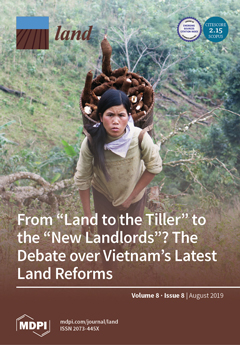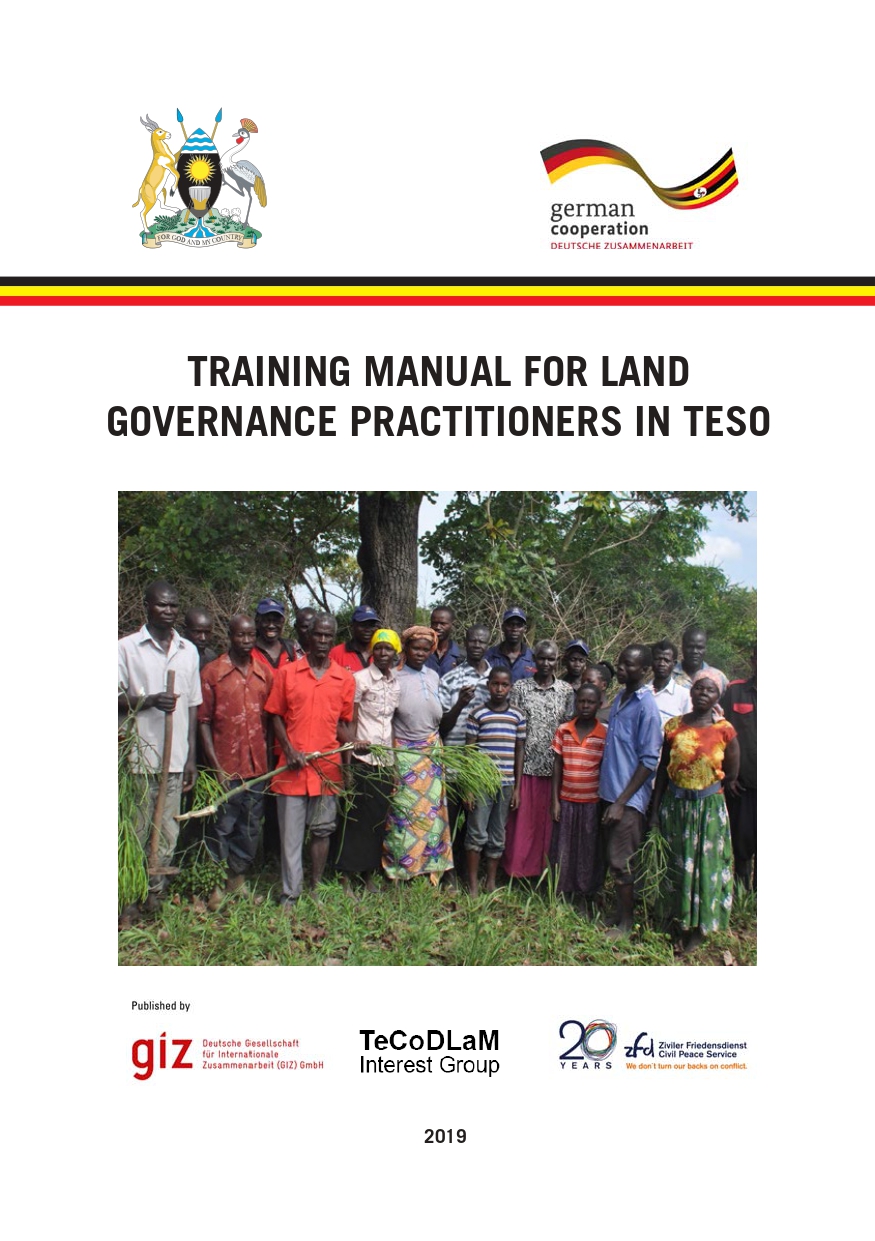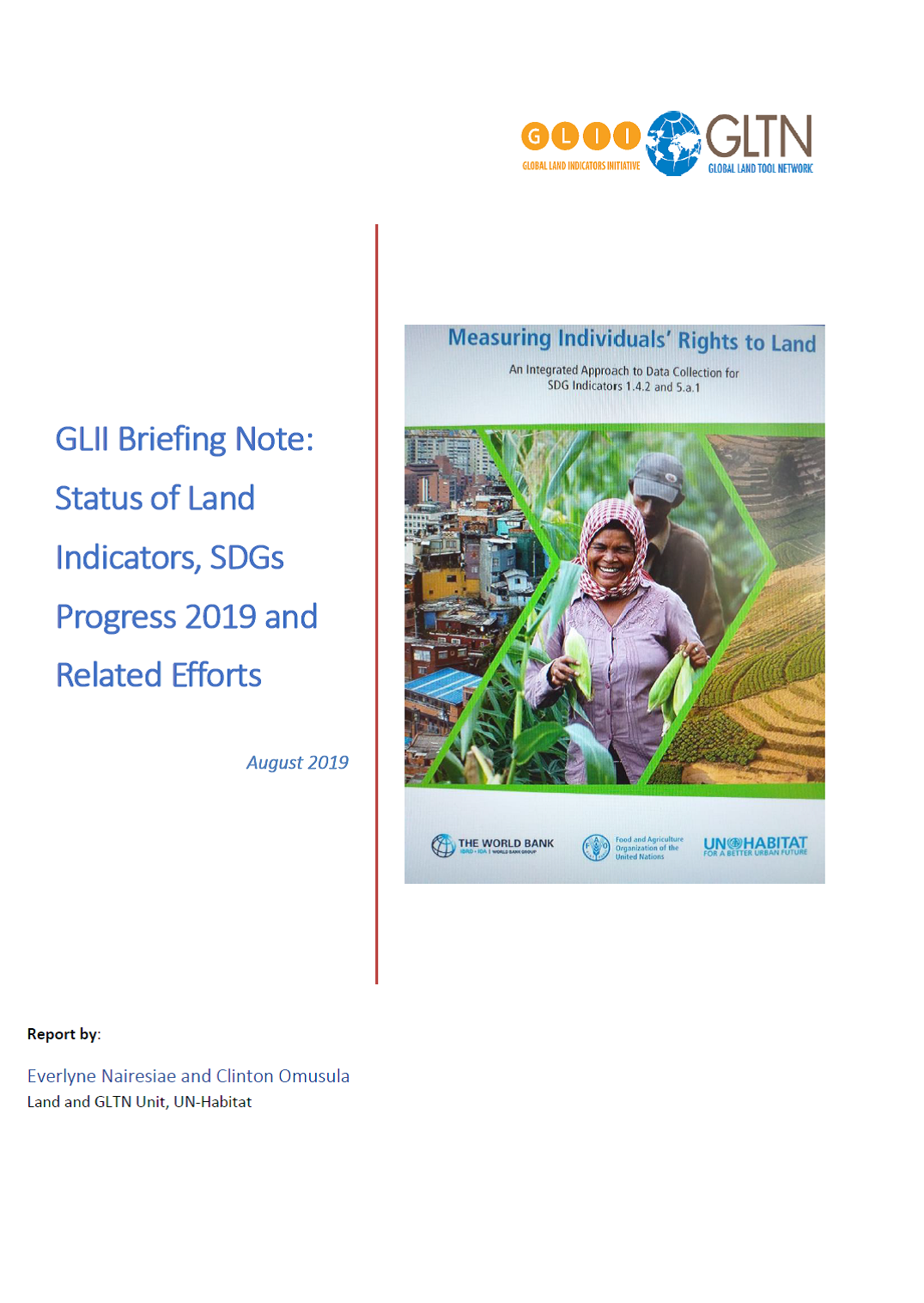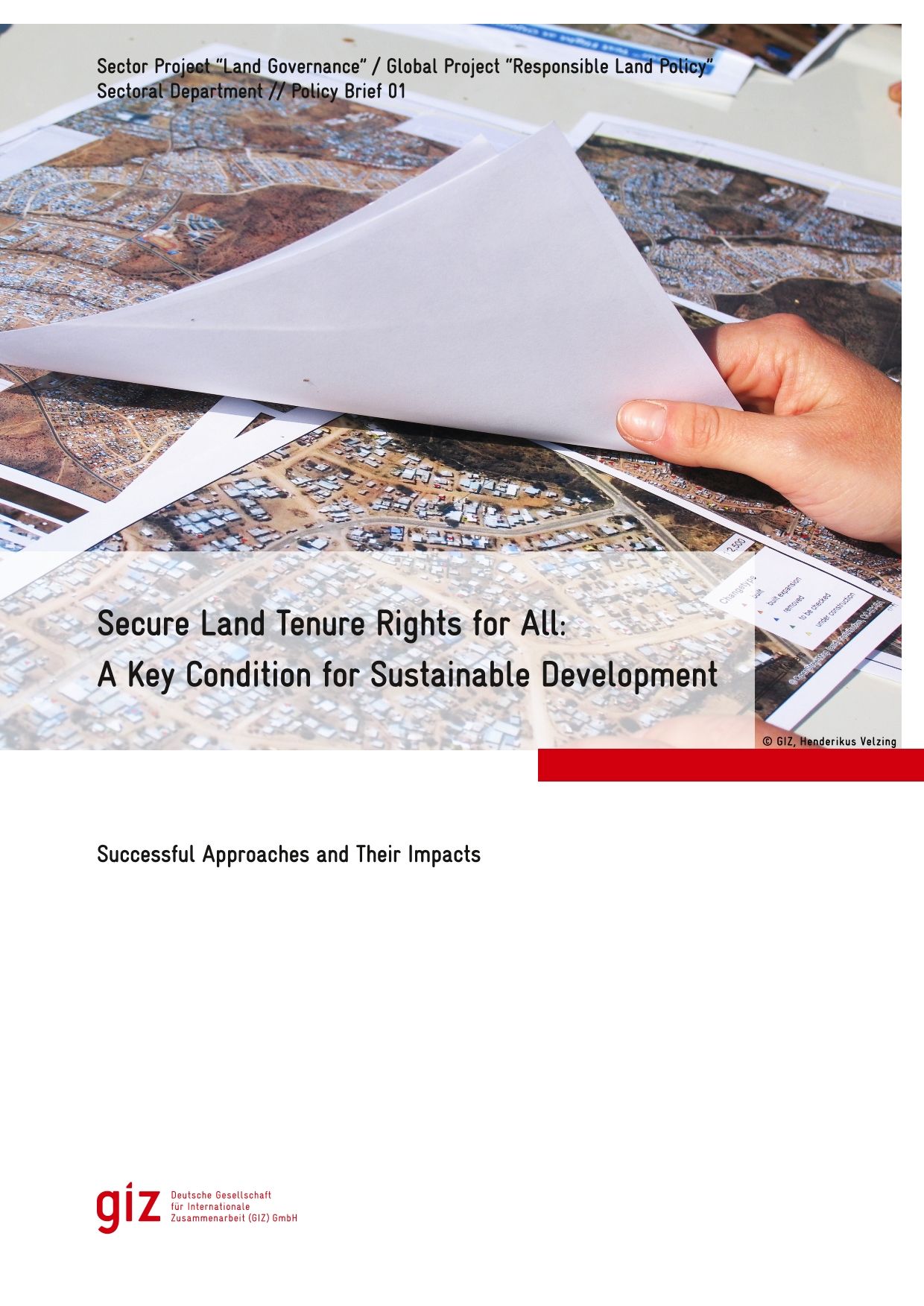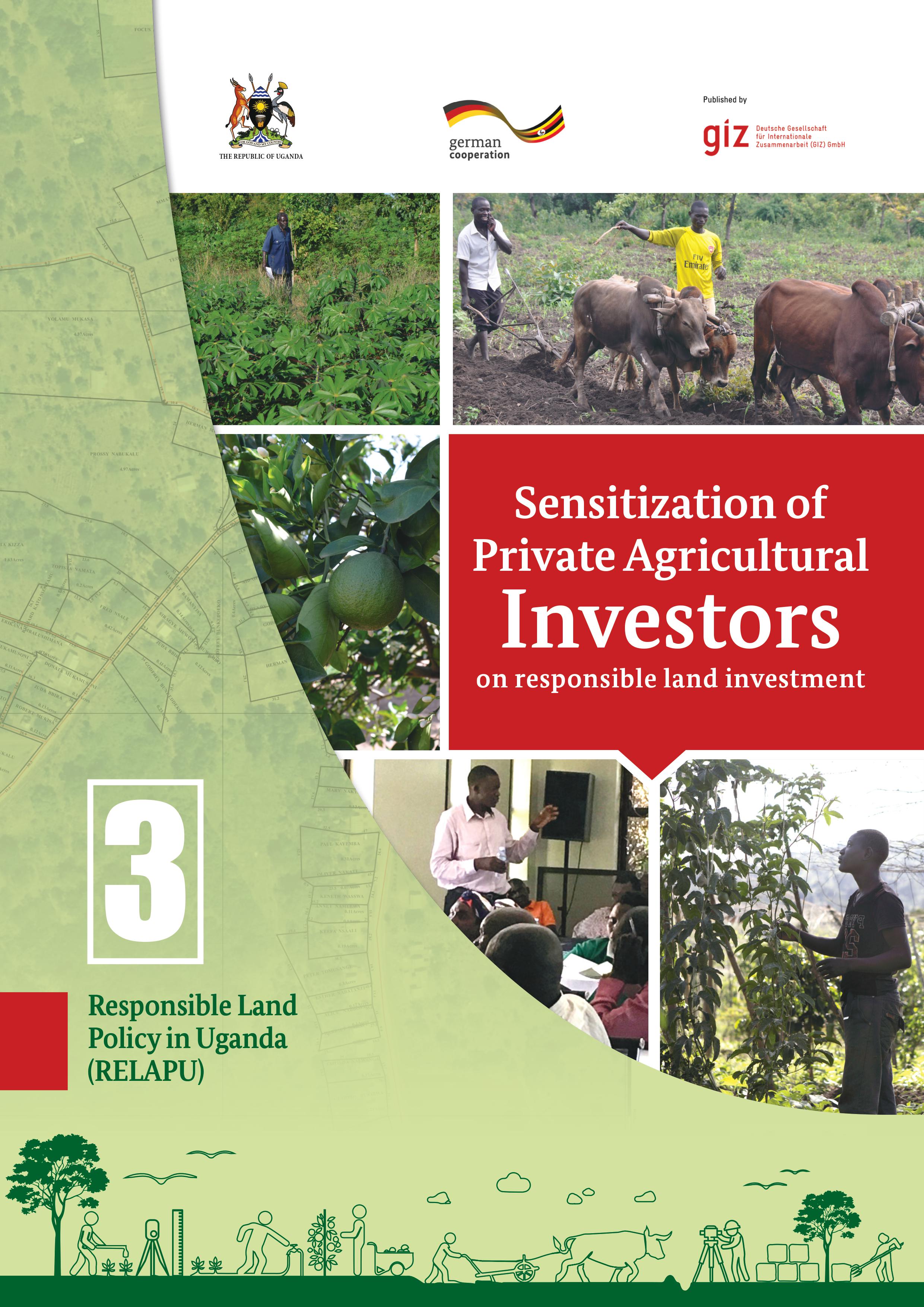Designing and Implementing a Pro-Poor Land Recordation System
The challenges to tenure security in both urban and rural areas are not only large, but they are increasing due to the different types of pressures making land more and more scarce. There is growing acceptance that only by recognizing and supporting a continuum of land rights, can tenure security be reached for all people in an inclusive way.




